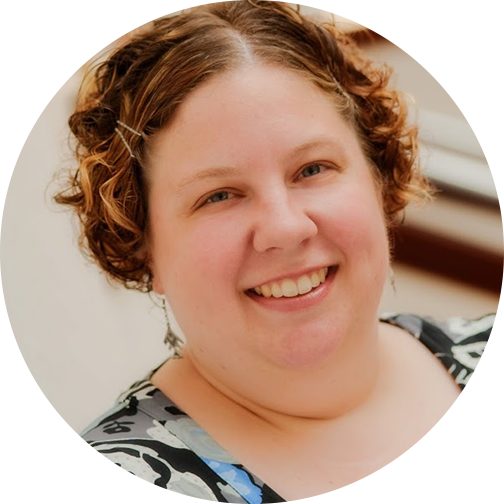In April 2017, a March for Science is planned in Washington, D.C. and several other locations around the United States and the world. I’ve been thinking long and hard about this march and all that it entails.
With so many different issues arising from our current cultural and political reality—issues relating to race, gender, economics, access, the environment (among others; I could spend a whole page listing them)—the broad issue of “science” or “STEM” seems slightly out of place. And while a march can bring people together, as we saw with the Women’s March on Washington and the myriad satellite marches in January, it also often raises the question of “what next?” As of late, the next step has involved contacting governmental representatives, monetarily supporting action groups, and writing on blogs or social media with the goal of educating others. All of these are worthy efforts, but as a science educator, I know that experiences are what help people learn.
During a conversation with an organizer of the March for Science movement, I was told that educating our citizens is too defensive of an action, that in order to have change you must take offensive actions. As an educator, I don’t know of any strategy as offensive as working in education. I feel this opinion is so often held, if not always voiced—America’s teachers fight an uphill battle, not only to be taken seriously, but to have any sort of support.
So help me prove to this person that education is a desperately important piece of the equation. As an educator, you do so much already. Ask your colleagues, your friends, your numerous networked acquaintances to help. Do this by doing something to promote STEM in your community—big or small.
If you have science knowledge, call your local school district and volunteer to be a speaker or do experiments with students.
Call your local library or community center and ask to host a “Q and A” session about a science topic that is dear to your heart. Loan a fantastic nonfiction STEM book to a friend (or the kid of a friend) and tell them “you have got to read this!”
If you are a supporter of science, seek out someone to share their knowledge with you. Attend science outreach sessions at your local libraries or community centers. Go out in nature with a guide book and identify species. Learn about cloud formations. Read the ingredients in your food and research them—really research them so you can learn more than fear of the word “chemical.” Tutor a student who is struggling in science at school. Support the science teachers at your local school. Call or email them to see what materials they need or help you can provide. Listen to their stories and hear their words as they build a community of thinkers and questioners in the students of the next generation.
Teach your kids to question the world around them, and when they don’t have an answer, how to experiment or research to find the answer. If the citizens of this country and the citizens of the world knew and trusted in the power of science as so many science educators do, many of the current political, economic, and environmental issues would be solved.
If everyone did one of these things, think how many people would be affected. If everyone did two things, wow. Maybe we just might be able to make a difference.

Kate Blaske
Editor in Chief
Kate Blaske, a Knowles Senior Fellow, is a co-editor-in-chief of Kaleidoscope. She most recently taught AP Chemistry at Avon High School in Indiana. Reach Katie at katie.blaske@knowlesteachers.org.




